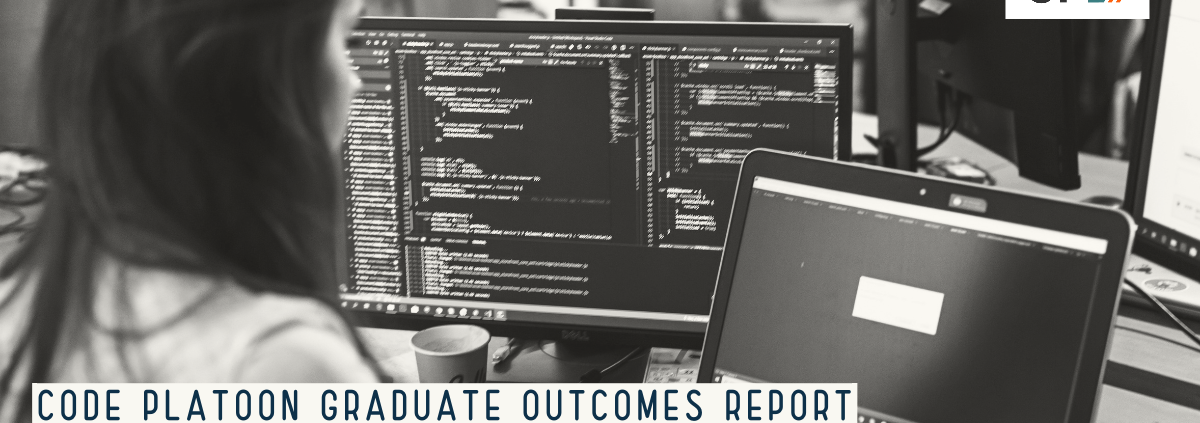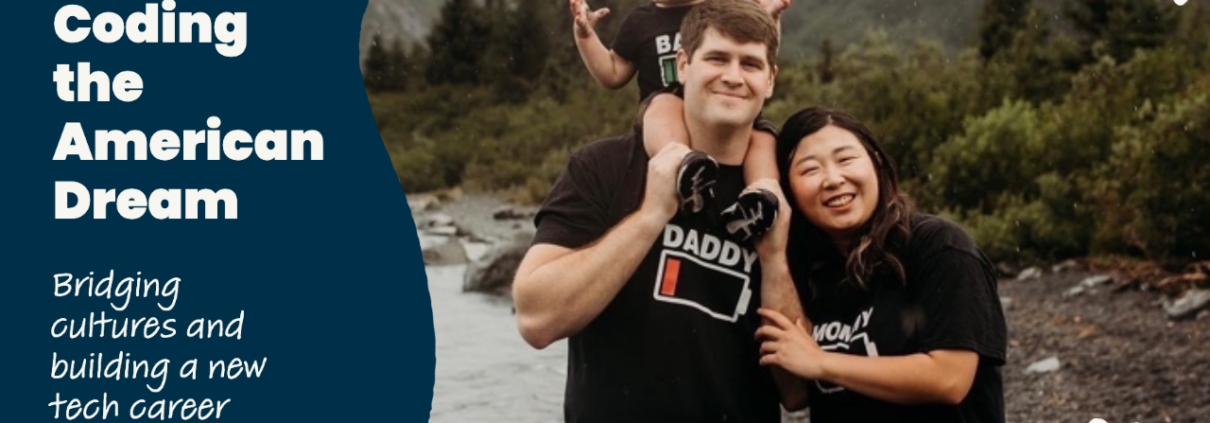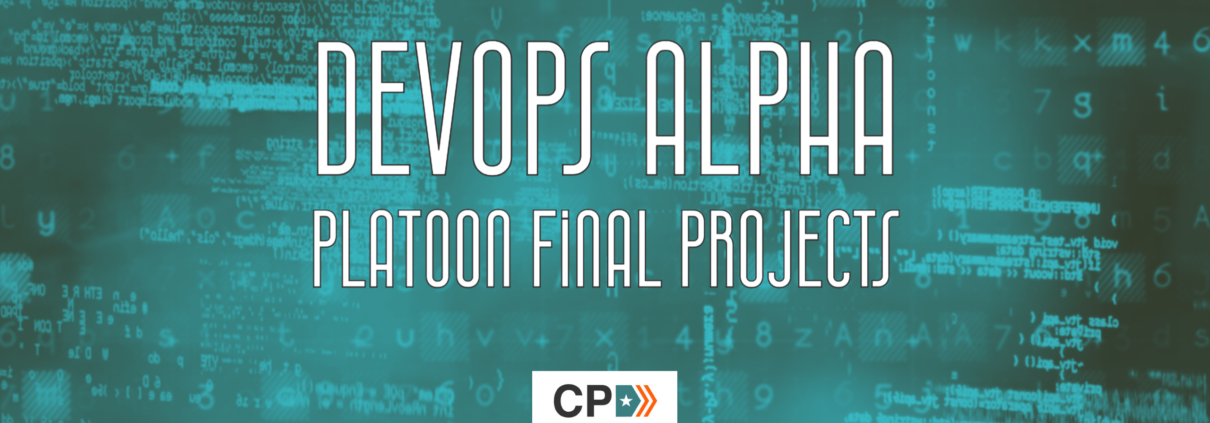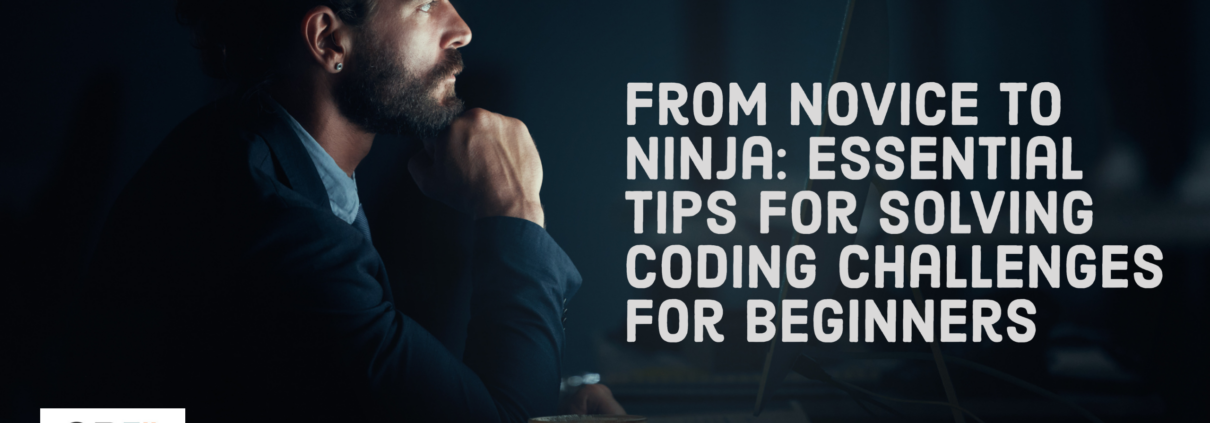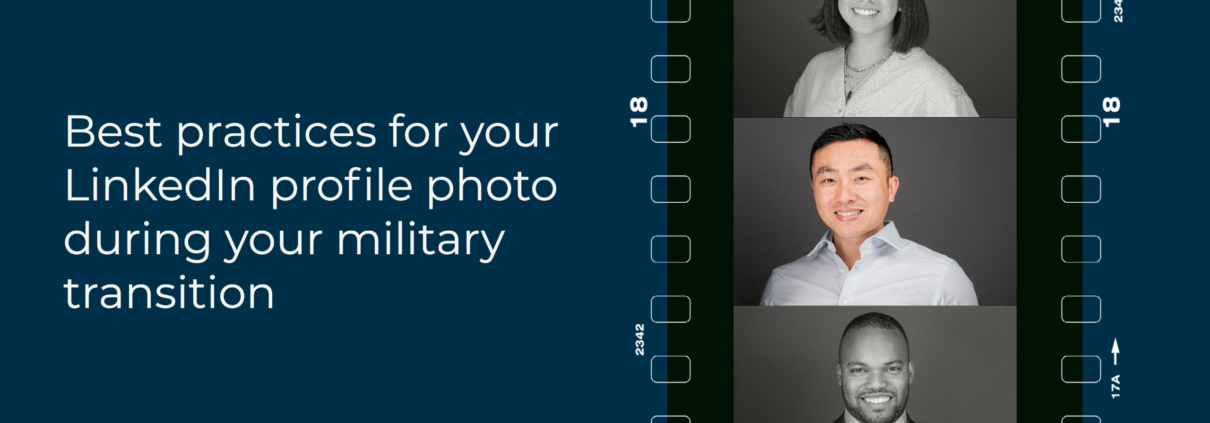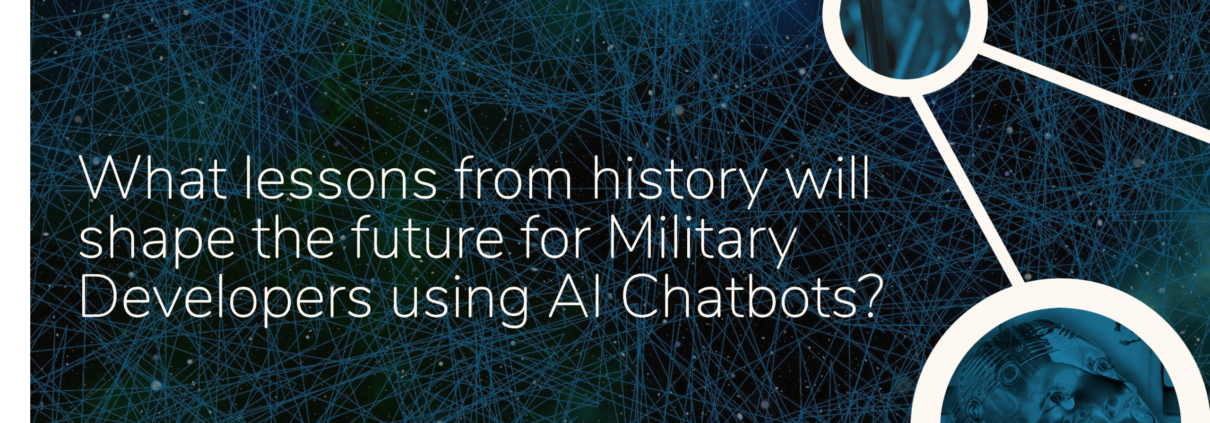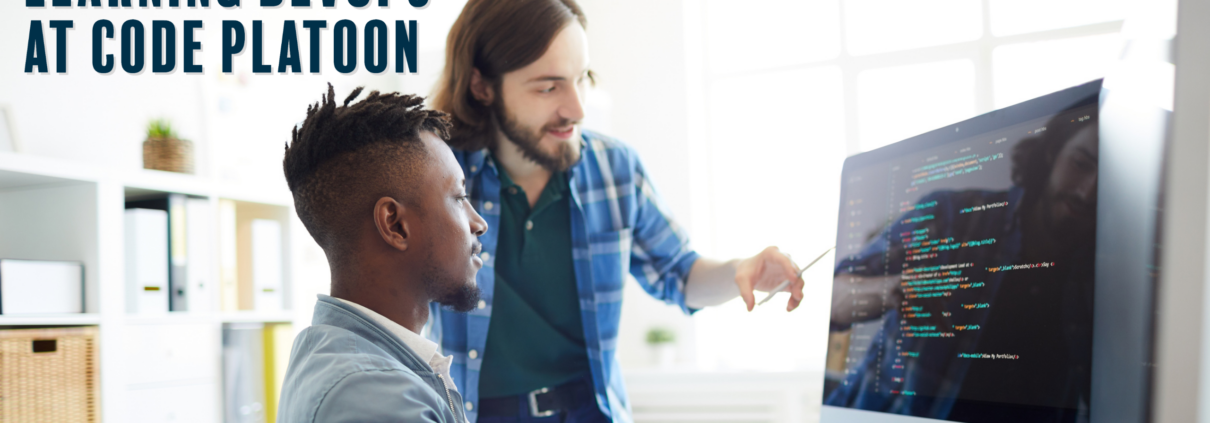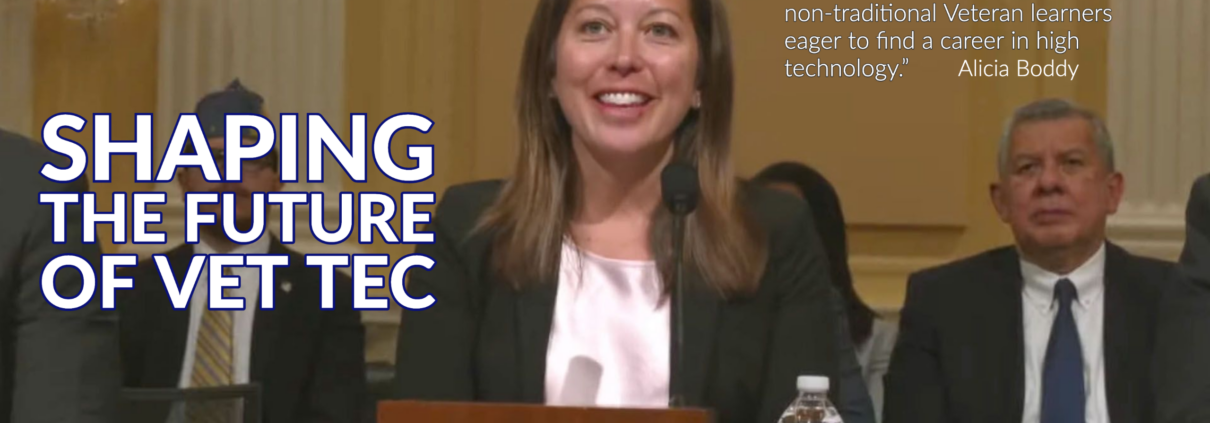Code Platoon Graduate Outcomes 2023
Code Platoon is committed to helping Veterans, Servicemembers, and military spouses launch careers in technology. Over 400 military Coding Bootcamp graduates have transitioned to the tech industry from Code Platoon’s Full-stack Software Engineering and DevOps and Cloud Engineering programs.
A key component of our mission is to provide graduates with more than the essential tech skills for their future professions. We also emphasize the career development resources and networking needed to enter the tech field.
Here are our results as of September 2023:
Code Platoon Outcomes 2023
- Two hundred fifteen (215) job-seeking Veterans, Servicemembers, and military spouses graduated in the last two years (8 cohorts).
- One hundred sixty (74%) of those graduates found software engineering jobs within six months.
- The median starting salary of those graduates was $85,000. The median salary increased to $115,000 after 24 months.
- Of the remaining fifty-five graduates, thirty-four were still looking for careers in technology, two sought higher education, two pursued opportunities outside of tech, and seventeen didn’t respond to our surveys.
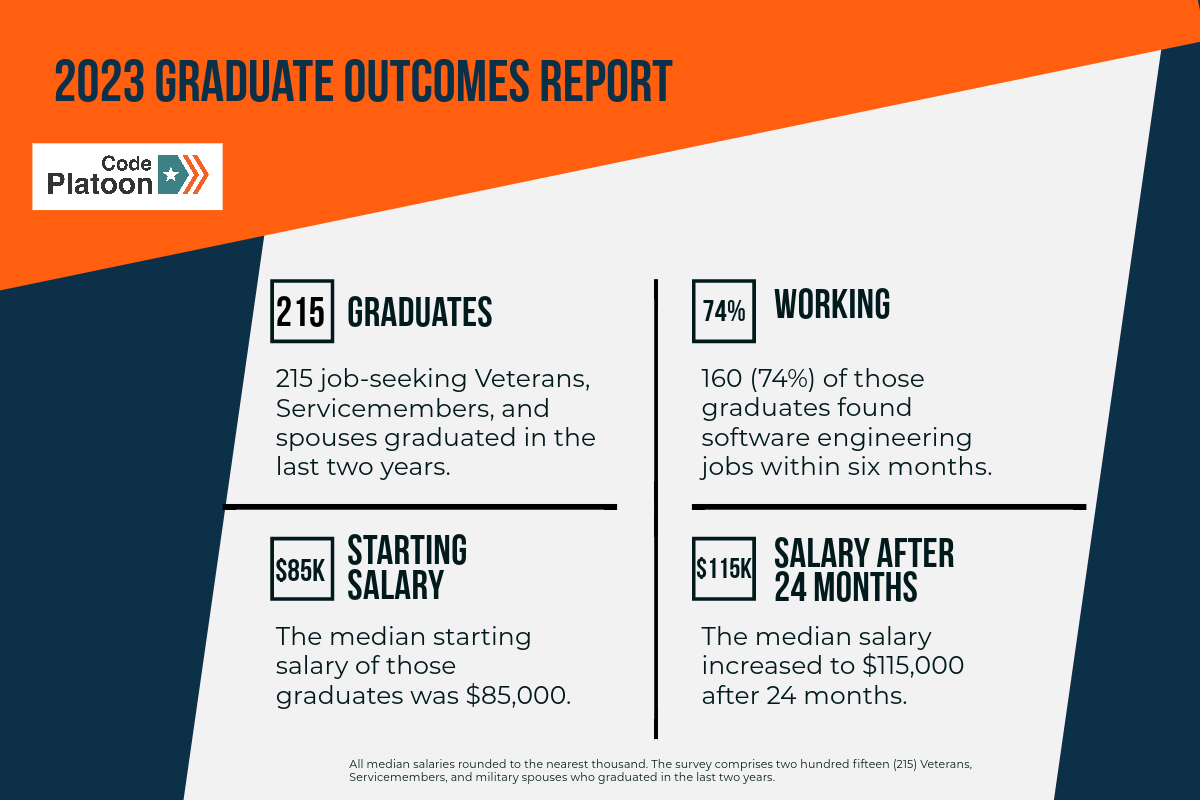
Our graduates’ success rate is attributed to many factors that make Code Platoon unique:
- Military coding students show unwavering commitment to learning and growth each day.
- Our exceptional staff, partners, and supporters collaborate to provide a supportive learning environment.
- Hands-on learning is a cornerstone of Code Platoon’s Coding Bootcamps. Students apply their knowledge through project-based assignments, workshops, and pair-programming exercises.
- Code Platoon can accept the GI Bill®, VET TEC, and VR&E VA education benefits. We awarded students 1.3 million dollars in scholarships during the last two years.
Code Platoon’s curriculum offers comprehensive training in full-stack software engineering and DevOps and cloud engineering. Full-stack software engineering students learn in-demand programming languages Python and JavaScript, practice using essential frameworks React and Django, and prepare for Amazon Web Services (AWS) and Scaled Agile Framework (SAFe) Practitioner professional certifications.
DevOps and Cloud Engineering students learn continuous integration and deployment, configuration management, and end-to-end automation. Graduates gain experience with industry-standard tools: Docker, Kubernetes, Terraform, Github, and AWS.
Code Platoon also understands that success extends beyond technical expertise. Our graduates are equipped with skills to navigate the transition from military service to the tech workforce.
- Code Platoon’s programs are designed specifically for the military community. Students practice describing their military experience and tech skills in extensive behavioral interview prep.
- Students prepare for the complexities of post-military life in Beyond Tech workshops on personal finance, imposter syndrome, and other essential transition skills.
- Resume preparation, LinkedIn profile building, and exposure to Agile software development principles help students become well-rounded software developers.
- Each student receives a volunteer industry mentor to ask questions about the tech industry and receive feedback.
- Graduates may compete for paid apprenticeships after graduation to help bridge the gap between service and the tech industry. Graduates may also apply to positions with Code Platoon’s preferred hiring partners, including Accenture, Affirm, and Booz Allen Hamilton.
Every aspect of Code Platoon’s programs, combined with our military coding students’ dedication, contributes to our graduates’ success. If you’re part of the military community and aspire to enter the tech industry, we invite you to explore our program offerings.
Rod Levy is the Founder and Executive Director of Code Platoon. He holds undergraduate and Master’s degrees in engineering from Cornell University and an MBA from The University of Chicago Booth School of Business, where he graduated with honors. Rod has completed Dev Bootcamp’s web developer program.

